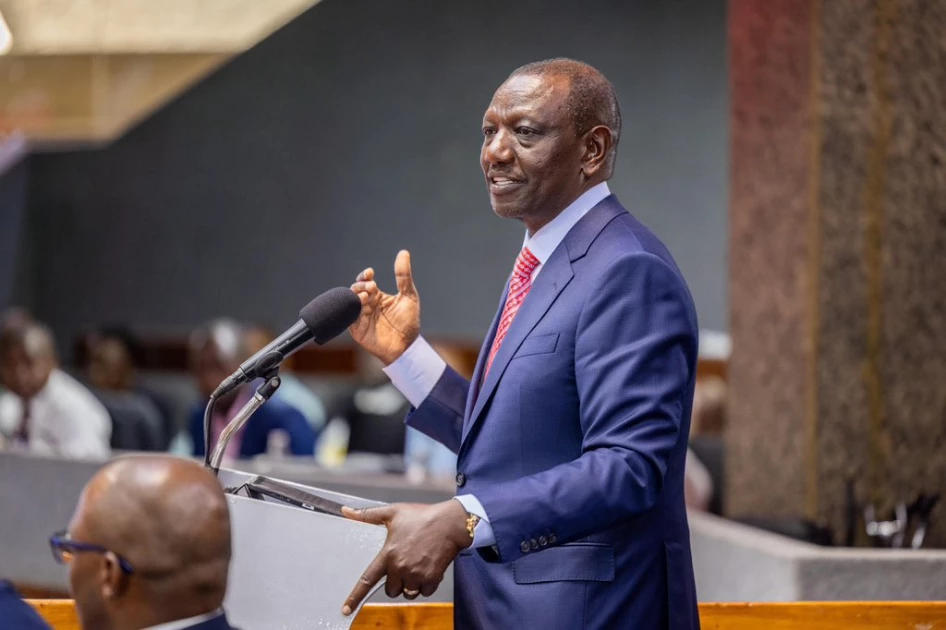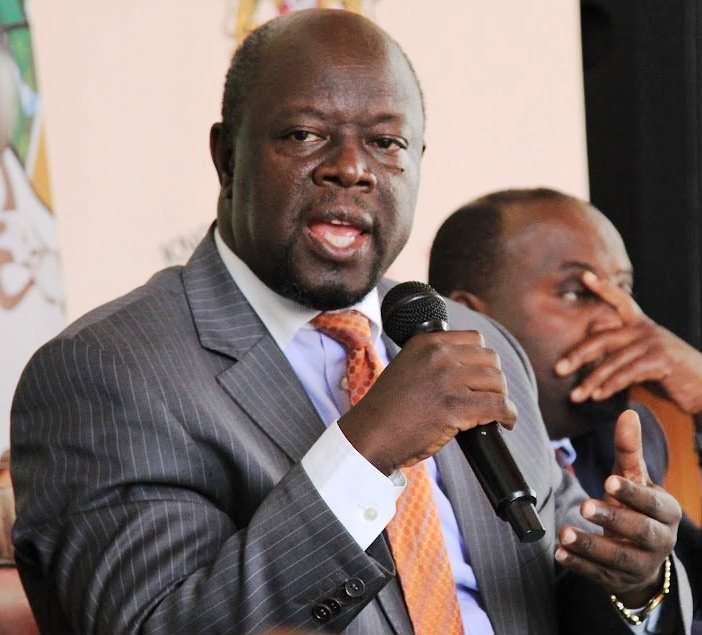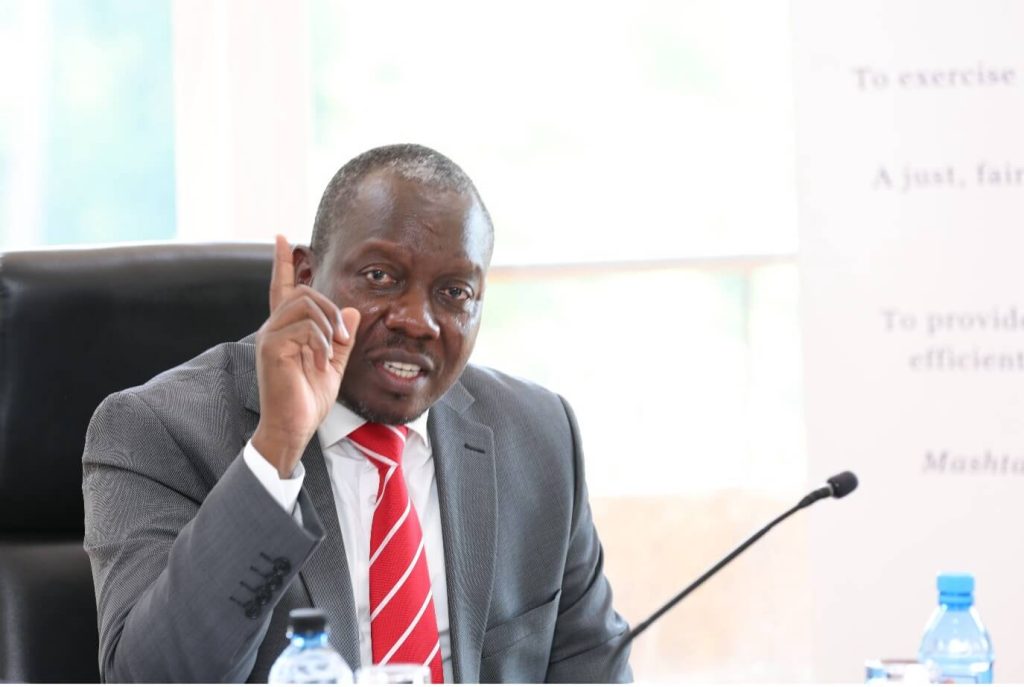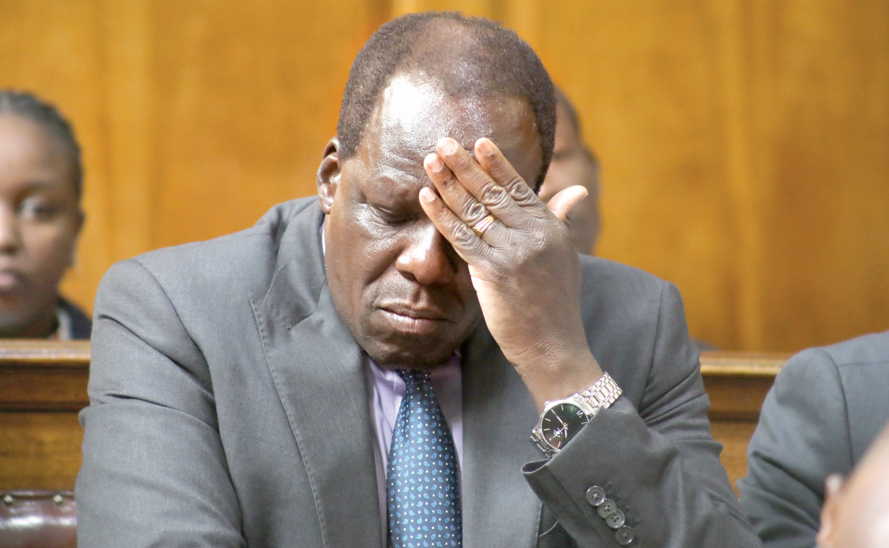President William Ruto has sought to reassure parents, stating that most of the initial challenges with the Competency-Based Curriculum (CBC) have been resolved. “We have constructed 13,000 new classrooms and hired 76,000 teachers to ensure a smooth transition to Grade 9. Any remaining challenges are being addressed systematically,” Ruto said
The Kenya Union of Post Primary Teachers (KUPPET) has criticized the government’s rollout of Grade 9 under the Junior Secondary School (JSS) system, citing widespread challenges and a lack of preparedness. The union described the implementation as “terribly corrupted” and called for a reevaluation of the program.
In a detailed statement, KUPPET Acting Secretary-General Moses Nthurima pointed to issues such as inadequate infrastructure, teacher shortages, and insufficient training as key obstacles to the program’s success. “The retention of the Grade 9 class in primary schools has left secondary schools with empty classrooms, laboratories, and sports facilities, while primary schools are ill-equipped to handle the transition,” Nthurima said.
Infrastructure Woes
The union highlighted delays in constructing critical infrastructure such as classrooms and laboratories, which it says compromises the quality of education. According to Nthurima, over 12,000 classrooms in public secondary schools that were built specifically for JSS are currently lying idle due to the retention of Grade 9 in primary schools.
Teacher Shortages and Training Gaps
KUPPET also raised concerns over the acute teacher deficit, estimating a shortfall of over 80,000 despite recent government recruitment efforts. Many teachers deployed to JSS reportedly lack adequate training or subject mastery, creating what the union called a “chaotic learning environment.”
“The government’s recruitment of 70,000 teachers over the past two years is commendable but insufficient. The reduction in the number of learning areas at JSS has not addressed the fundamental issue of teacher shortages,” Nthurima noted.
Financial and Administrative Challenges
The union criticized the government’s focus on cost-cutting, alleging that the decision to domicile Grade 9 in primary schools was driven by a desire to save on capitation funds rather than improve learning outcomes. “While the government saves funds, the cost in lost learning far outweighs these savings,” Nthurima argued.
KUPPET has called for a reassessment of the decision to domicile JSS in primary schools, advocating for the transition of Grade 9 learners to secondary schools to better utilize existing facilities and resources.
Government’s Response
Education Principal Secretary Belio Kipsang acknowledged the challenges and announced plans to address infrastructure gaps, including the construction of 16,000 classrooms at a cost of KSh 16 billion. So far, 13,500 classrooms have been completed, with the remaining 3,000 expected to be built through partnerships with the National Government Constituency Development Fund (NG-CDF).
Additionally, Kipsang revealed that the Ministry is considering a shift system to address classroom congestion, allowing multiple groups to share facilities. He assured stakeholders that learning will continue uninterrupted during this transitional phase.
Presidential Assurance
President William Ruto has sought to reassure parents, stating that most of the initial challenges with the Competency-Based Curriculum (CBC) have been resolved. “We have constructed 13,000 new classrooms and hired 76,000 teachers to ensure a smooth transition to Grade 9. Any remaining challenges are being addressed systematically,” Ruto said.
Despite these assurances, parents and teachers continue to express concerns over the rising costs and logistical issues associated with Grade 9. As debates over the JSS rollout persist, KUPPET has called for a comprehensive review of the program to ensure that the government’s ambitious education reforms align with Kenya’s long-term educational and economic goals.





